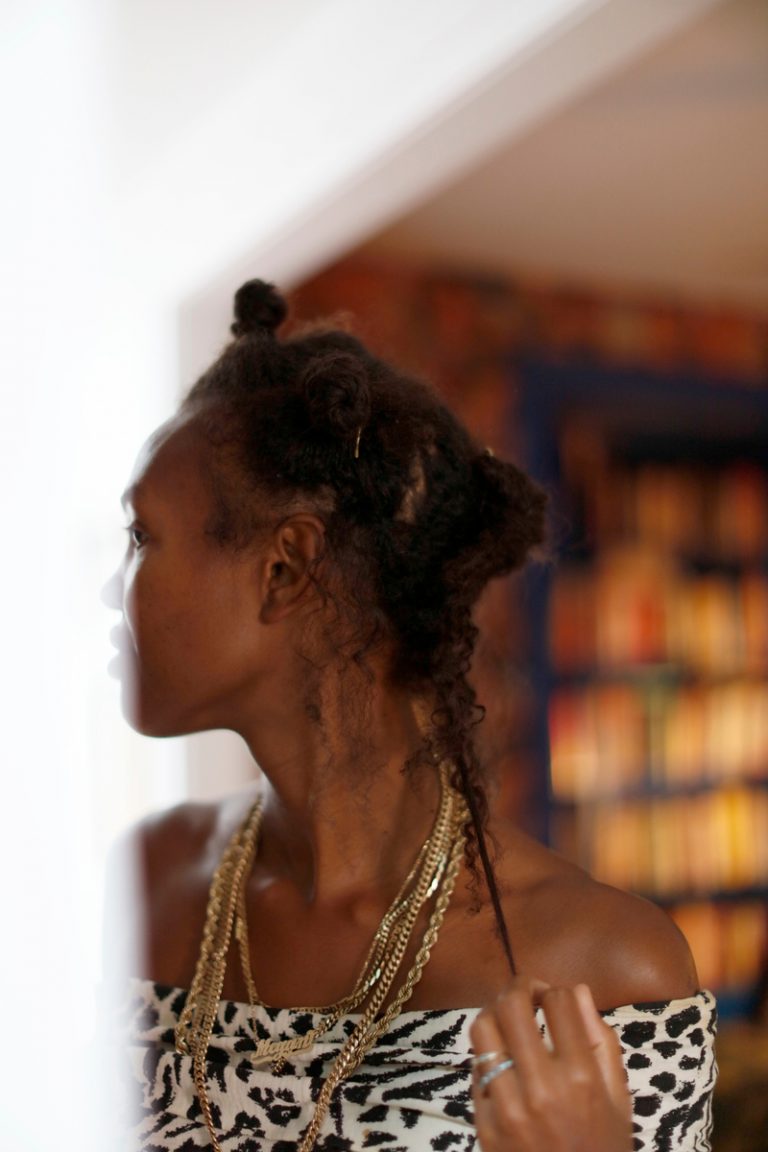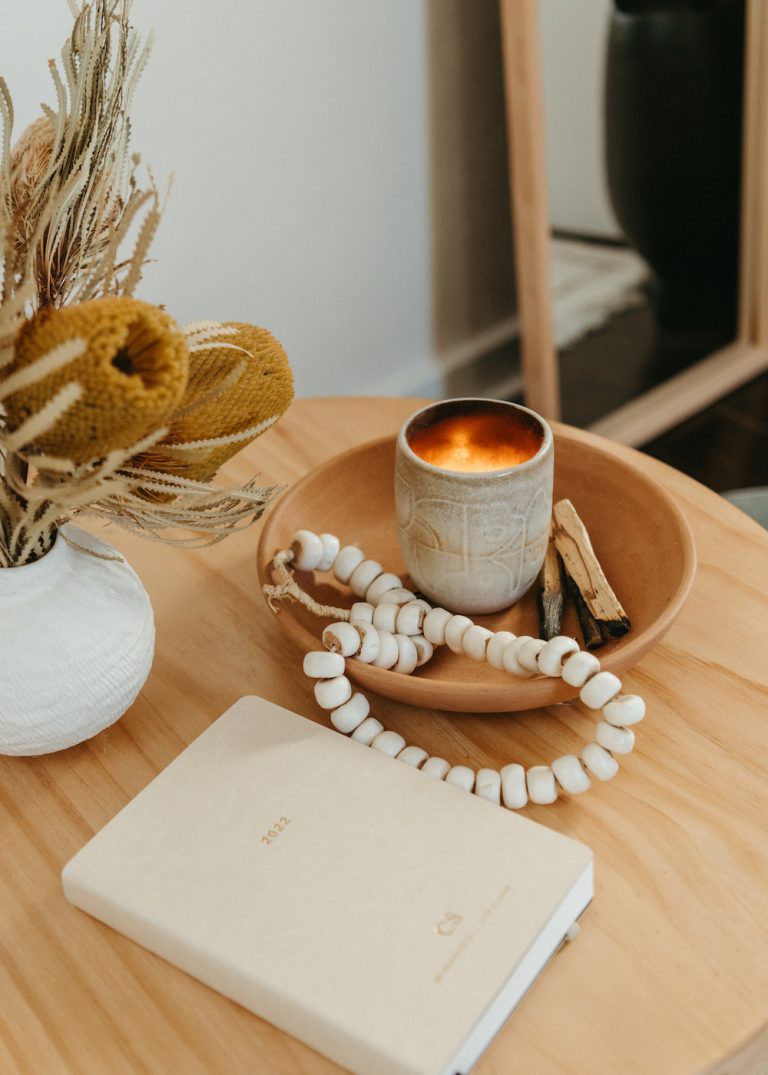How I’m Healing From My Eating Disorder, One Day at a Time
Editor’s Note: The following story reflects on the writer’s experience with and recovery from an eating disorder. If you are struggling and in need of support for an eating disorder, please call the National Eating Disorders Association Helpline at 1-800-931-2237.
Some of my earliest memories are from relatively late in life. There are, of course, camping trips with my family in New Hampshire and adventuring with my sisters on the beaches of Maine. And while these hold significant space in my subconscious, they’re clouded by the many moments I’ve unsuccessfully tried to forget. They’re muddled by all the times throughout my childhood when I was called fat, and the many twists and turns of my eating disorder story.
One of the first instances was at age eight. I was on the playground, reveling in the childhood joy of free time, my imagination alight with all the possibilities I could create, do, and be. Filled with joy and wonder, life felt limitless, but with years of hindsight to guide me, I now know that this was the moment my innocence and youth would be taken from me forever.
We were playing tag, and I swiftly evaded everyone’s attempts to catch me. One boy, however, was adamant about making me “it.” He had me cornered, and though I’m sure my escape bruised his ego, his words did the irreparable damage: “You run fast for a fat girl.”
It didn’t matter that I hadn’t been caught. It didn’t matter that no one saw me, pointed at me, or simply wondered where I was going when I walked off to cry. It was as simple, and as hauntingly complex, as that.
Featured image by Riley Reed.


Subscribe
Make it happen.
Get my FREE Vision Workbook straight to your inbox. A resource to help you intentionally set (and realize) goals in six transformative areas of your life.
Thanks for Signing Up!
Oops!
Looks like you’re already signed up or your email address is invalid.
Oops!
Looks like you unsubscribed before click here to resubscribe.
From then on, I knew to always be on guard. It didn’t have to be something that I said or did. My larger existence seemed to merit constant scrutiny. And in a way, because of the persistence of their words, it began to make sense—I brought this upon myself. I was deserving of the verbal abuse.
This cycle created a pattern of unpredictability that scared me and scarred me. I loved school, but my classmates’ pervasive outpouring of words pulled it all away. Fat. Lazy. Pig. As I grew, these evolved in eloquence and nuance. But I always understood the translation: Worthless.
Soon, I learned that everything I loved most about myself was conditional. I had to be pretty before I could be smart. I had to be likable before I could be funny. I had to be thin before my thoughts and my ideas could hold any value.
And while the solution had come to me many years before, the desperation grew until my senior year of high school. The only way to escape was to give in. The only way to be happy, I reasoned, was to become thin.

A Dangerous Practice
I’ll spare you the details, but in a matter of three months, I lost 40 pounds. And while I hate to say it, 30 pounds in, there was no concern—only compliments. Wow, you must be working out more. You look so good! Why didn’t you do this earlier? Even teachers and adults at my school poured on the praise. And believe me, the high was intoxicating.
And so I continued to lose weight. I limited my food and worked out for hours after soccer practice. Around myself, I constructed a shield of self-contempt, protecting myself from the resonance of past trauma and arming myself against the shame I believed was inevitable if I allowed myself to slip. If I worked harder, no one could call me lazy. If I made myself skinnier, no one could call me fat.
Perfectionism, I believed, could predict the outcome. If I could do everything “right,” I could avoid hurt, I could escape disappointment, and I was capable of evading all pain.
The span of those several months between the end of high school and the onset of college are admittedly blurry. When I was supposed to be making memories, I was hospitalized for an eating disorder that was obvious to everyone except for me. And even after I got out, I did everything I could to stay small. I wore my thin body as protection against the onslaught of words I knew would come if I let go of this misguided sense of control.

A Parisian Pipe Dream
April 2016—the height of my anorexia. I was living abroad in Paris, taking classes at the Sorbonne. I’d wander from museum to museum, quickly amassing a long list of my favorite cafés where I could languidly sip an espresso. I was thriving in the make-believe world of social media, at a time when my body felt small and safe. Captured in still is a visual of happiness, of adventures and moments of spontaneity that, at times, have felt impossible to recreate since.
And then one night, while I was on my evening run down to the Seine, I was hit by a car. Hours unconscious. Waking up in the hospital alone. Talk of traumatic brain injury swirled around me, but I pushed forward. Living in Paris, writing a thesis, pretending my fundamental being hadn’t shifted in the slightest. And with this new, additional trauma piled on top of years of self-loathing, the eating disorder saw the opportunity to intensify, and only tightened its grasp on me all the more.

Recovery At Last
I was hit by the car six years ago, and though time gave me space from the immediacy of the event, the resonance still rung through my existence. While I may have once been afraid of recovery, the prospect became all the more necessary this summer. For me to heal and move forward, I couldn’t stay the same.
I’ve suspected that truth for a while, but it took its most convincing shape a few months ago. My partner had just arrived home from work, and I closed my computer tired and defeated not only from the day but the weight of the critical thoughts and controlling patterns that seemed to punctuate every moment. He saw me, walking over without words, and instinctively hugged me. It was the reminder I needed that someone else was there.
The familiar shame came and quickly dripped away. His touch connoted trust and kindness, and the ease of my realization was shocking: I needed to believe in myself again.

Owning My Eating Disorder Story
It’s the end of summer, and I’m two weeks out of an intensive, six-week treatment program. While I’m grateful for the opportunity to set a strong foundation for recovery, I’m aware that oftentimes, programs like this can function like a band-aid in the long term.
Each day, I have to wake up committed to recovery.
I have to replace my old, harmful habits and beliefs with gentler, kinder ones. I have to take what I’ve learned and weave these transformative lessons throughout every moment and every day.
But beyond the lessons is the experience this time in recovery has afforded me. I’ve connected with people who share similar backgrounds and can speak to the challenge of moving through a traumatic past. Perhaps the most beautiful thing about being in community with those who have experienced similar hardship, and in many ways, share your story, is that you can see that you are a person beyond the disease that chose you—beyond the struggles that tried to limit you.
And while I’ve been told to believe that my body is my home, the truth is all the more abstract. The single consistency, throughout all the pain I’ve ever felt, is me. In every moment, everywhere I’ve ever found myself, are the thoughts, the joys, and the careful questions that at every turn, become and are always me.
I’m scared, but present. Anxious but excited. Strung throughout my life has been a single consistency: darkness.
It’s time to step into the light.
